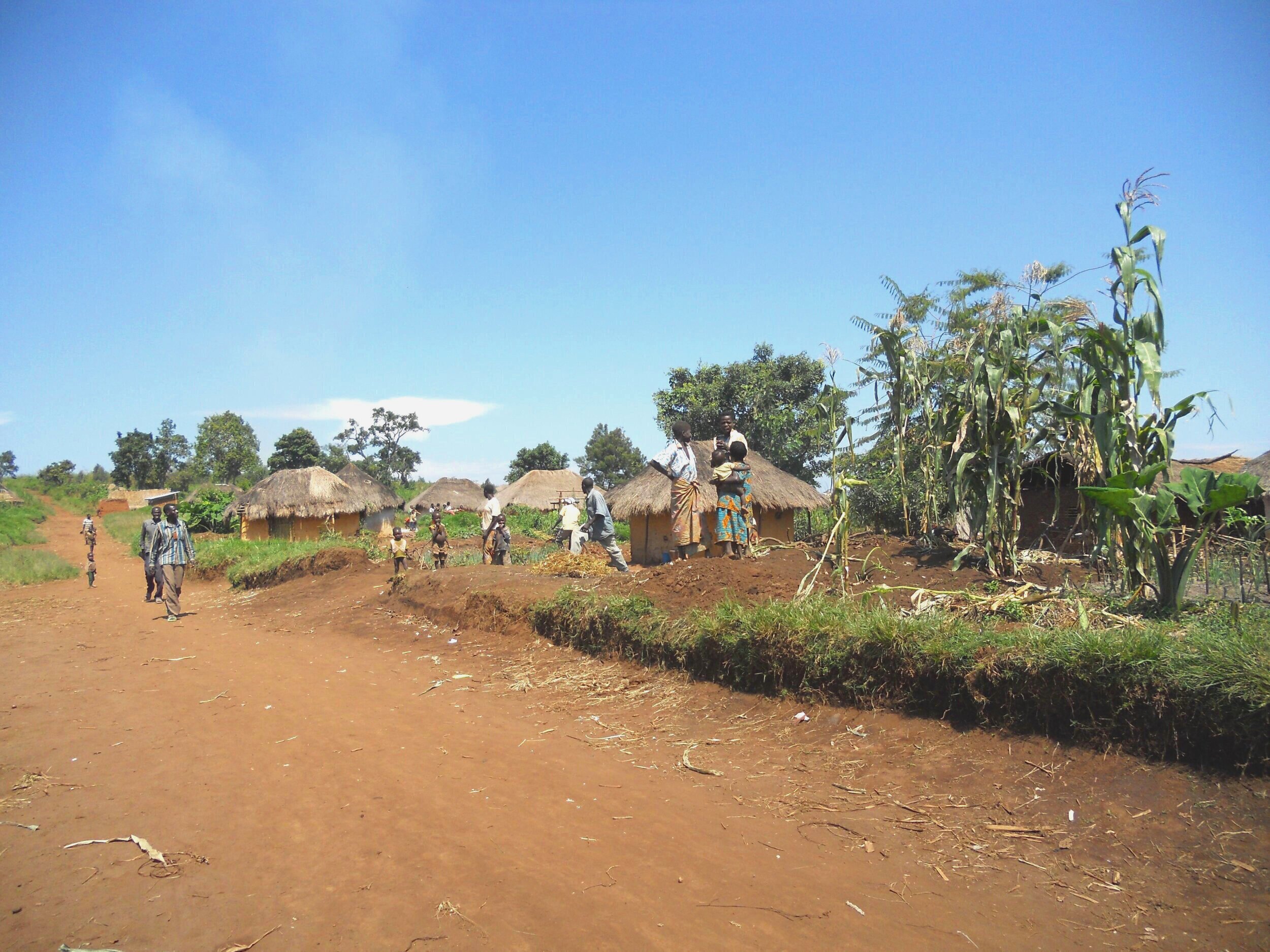
Treatment for all: a paediatric formulation of moxidectin for neglected infectious diseases
The MiniMox project is developing an alternative formulation of moxidectin. This formulation is intended for children and others unable to swallow the 2mg tablets available. Moxidectin is approved by the US FDA for treating people aged 12 and over who have river blindness, a neglected infectious disease caused by parasitic worms called Onchocerca volvulus. River blindness, also called onchocerciasis, is the second leading cause of infectious blindness worldwide.
More than 200 million people live in areas in sub-Saharan Africa where O. volvulus is transmitted. In parts of sub-Saharan Africa, onchocerciasis has been responsible for poor school performance and a higher drop-out rate among infected children. While annual Community-Directed Treatment with Ivermectin (CDTI) over several decades has controlled and may even have eliminated onchocerciasis in some African foci, it is recognized that in many other areas ‘Alternative Treatment Strategies’(ATS) are required to achieve elimination.
Moxidectin is one ATS identified by the African Programme for Onchocerciasis Control. More recently, the WHO Roadmap for Elimination of Neglected Tropical Diseases (2021-2030) has recognised the importance of demonstrating the effectiveness and safety of moxidectin in children and in programmatic setting. To improve childhood health and for onchocerciasis elimination to be achievable, all age groups that can be infected and potential reservoirs for new infections should be included in elimination programmes. Development of a paediatric formulation of moxidectin for this purpose is the goal of this project.
The MiniMox program of work includes developing target product (paediatric formulation) characteristics, conducting a survey in Cameroon of end-user preferences for paediatric medicines and bench-top research and development of suitable formulations, before GMP-grade manufacturing of a selected formulation to be evaluated in a clinical bioequivalence study in Ghana.
Coordinator
Coordinated administratively by Luxembourg Institute of Health (LIH) and scientifically by Medicines Development for Global Health (MDGH).
Funding
Co‑funded by the European and Developing Countries Clinical Trials Partnership (EDCTP), the Luxembourg National Research Fund (LNRF) and Medicines Development for Global Health (MDGH).
Duration
The EDCTP grant is running from January 2021 to June 2024.

